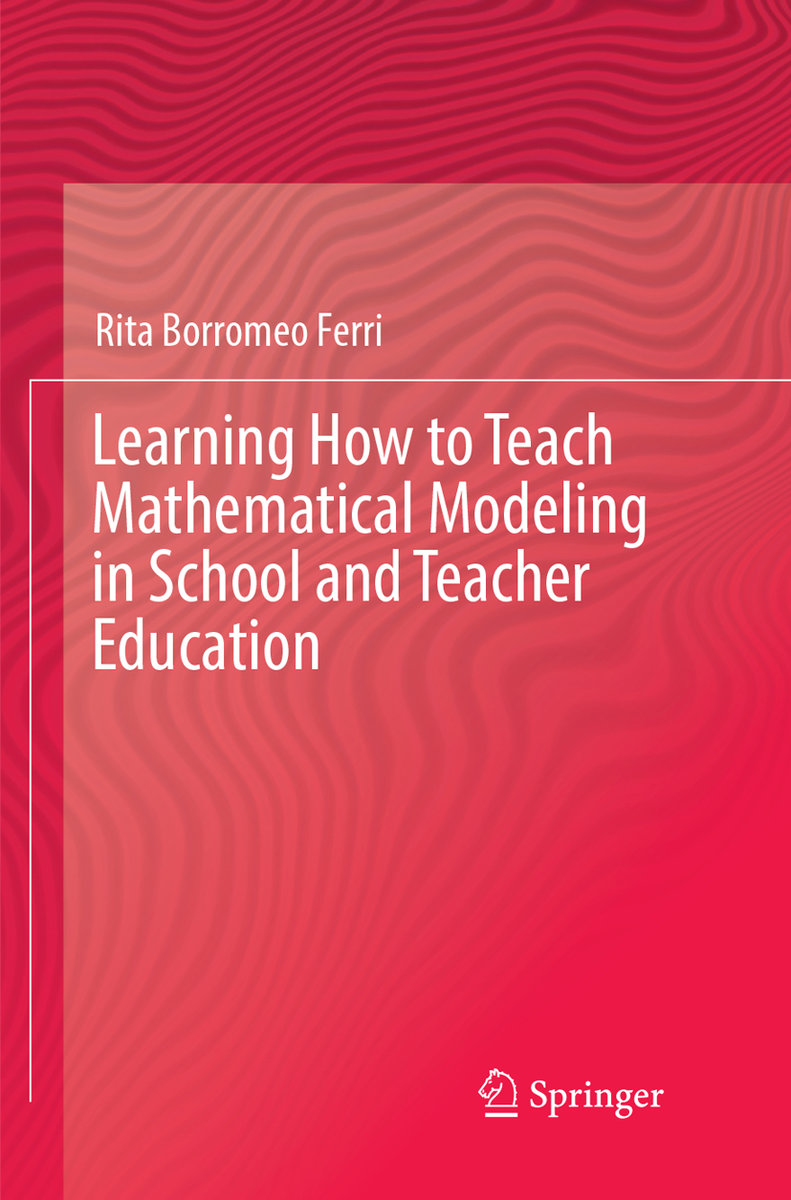This timely resource fills a gap in existing literature on mathematical modeling by presenting both theory- and evidence-based ideas for its teaching and learning. The book outlines four key professional competencies that must be developed in order to effectively and appropriately teach mathematical modeling, and in so doing it seeks to reduce the discrepancies between educational policy and educational research versus everyday teaching practice.
Among the key competencies covered are:
Theoretical competency for practical work.
Task competency for instructional flexibility.
Instructional competency for effective and quality lessons.
Diagnostic competency for assessment and grading.
Learning How to Teach Mathematical Modeling in School and Teacher Education is relevant to practicing and future mathematics teachers at all levels, as well as teacher educators, mathematics education researchers, and undergraduate and graduate mathematics students interested in research based methods for teaching mathematical modeling.



